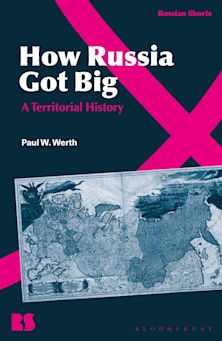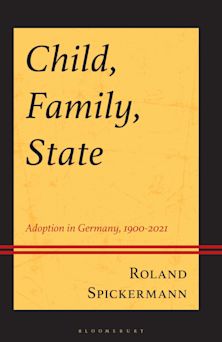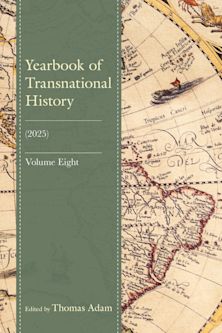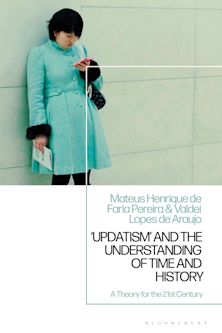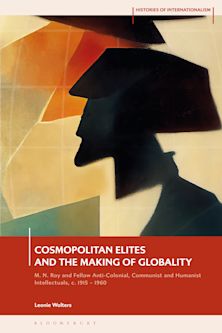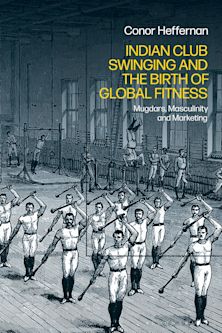Gender and Nation in East Central Europe
An Uneasy History
Gender and Nation in East Central Europe
An Uneasy History
This product is usually dispatched within 1 week
- Delivery and returns info
-
Free US delivery on orders $35 or over
Description
Gender and Nation in East Central Europe: An Uneasy History offers an interdisciplinary analysis of the tumultuous relationships between gender and national identities in the region where both gender and nation as analytical categories have long been contested. Focusing on the nineteenth and the first decades of the twentieth centuries, eleven authors examine gender and its stubborn, inescapable, and multifaceted ties to how nations and national identities have been envisioned, invented, described, constructed, and legislated during the formative period of East Central European nation-building. The volume presents case studies that uncover the historical East Central Europe of messy, fluid, and complex identities that evolved at the same time as East Central European nationalists were attempting to draw clear borders between what they understood as nationalities. Drawing from the multitude of archives and using the lenses of such disciplines as history, art history, literary studies, and sociology, the authors demonstrate how both individuals and collectives produced national identities while simultaneously producing gender identities. Correspondingly, they show how individuals and collectives imagined, fashioned, and performed national and gender identities in response to the historical forces that affected the process of identity formation around them.
Table of Contents
Part One: Nations and Genders in the Family
Chapter One: “She Sang Her Child to Sleep in Wallachian”: Imagining and Living Romanian–Magyar Intermarriage in Late Habsburg Hungary, Ágoston Berecz
Chapter Two: Max Pleschner: Women, Family, and Nation in Czech-Jewish Identity, Maeva Berghmans
Chapter Three: Gender, Nation and Demography: Pronatalist Discourse and Gender in Interwar Hungary, Gábor Koloh
Part Two: Gender Identities at the Service of Nations
Chapter Four: Mothers of the Nation, Or How National Women Writers Are Created, Lena Magnone
Chapter Five: Warrior or Damsel? Representations of the Nation as a Woman, Erin Dusza
Chapter Six: Gender and National Memory in the Intersections of European Female Roles: Júlia Szendrey, the Hungarian “George Sand” and the Widow of the Nation, Emese Gyimesi
Part Three: Advancing Gender, Advancing Nations
Chapter Seven: East-Central European Women and the Struggle for Equality: Rethinking Internationalist Women's Movements in the Long Nineteenth Century, Natalie Cornett
Chapter Eight: Male Poland, Global Ambitions, and the Turn Towards Discipline: Polish Nationalism at the Turn of the 20th Century in the Context of East-Central Europe, Claudia Snochowska-Gonzalez
Part Four: (Self) Forging Gender in the Nation
Chapter Nine: Women for the Nation: Ukrainian Elites and Their Emancipated Daughters in Habsburg Lviv at the Turn of the Twentieth Century, Ivanna Cherchovych
Chapter Ten: Nurturing the Nation: Farmwives and the (Home)Making of the Modern Polish Countryside, 1918-1939, Michal J. Wilczewski
Chapter Eleven: The Interwar Women's Rights Activist Paulina Lebl Albala and the Question of National Identity, Svetlana Stefanovic
About the Contributors
Product details
| Published | Feb 05 2025 |
|---|---|
| Format | Hardback |
| Edition | 1st |
| Extent | 366 |
| ISBN | 9781666940589 |
| Imprint | Lexington Books |
| Dimensions | 9 x 6 inches |
| Publisher | Bloomsbury Publishing |

ONLINE RESOURCES
Bloomsbury Collections
This book is available on Bloomsbury Collections where your library has access.




















